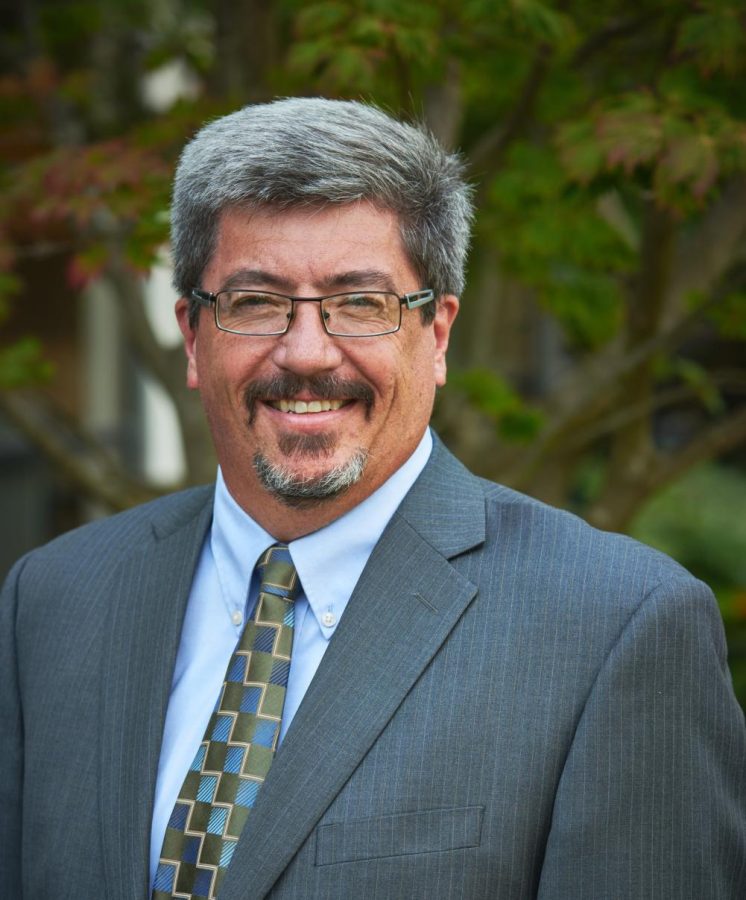Finding capacity for compassion toward others as we grow in attentiveness, kindness toward ourselves
By Guest Columnist Teylar Greer
A friend and I were at the MLK Day march a few weeks ago, and as we walked, our conversation flowed from one topic to another.
I can’t retrace the route that led us there, but we landed for a time on car insurance rates.
Her uncle is an insurance agent, and he recently made a comment about how car insurance rates for single women between the ages of 16-29 are typically higher than those of married women in the same age bracket.
My friend was shocked at this and asked why.
Her uncle said data gives reason to believe single women pose a higher liability than their married peers.
My friend and I wondered all kinds of things, trying to make sense of this rate difference, circling around one question: does my singleness really make me a liability?
Maybe it was because our conversation took place while marching on Seattle’s streets with thousands of people, but we were fired up about this inequity.
We even contemplated what we could write about it on a sign to carry at the Women’s March the following weekend.
Well, I suggested that in a joking way, but also was a little serious about it.
The conversation had sparked something in me.
I’ve read up a bit on the disparity of car insurance rates and recognize this is a wider issue that affects more than single women; it exists between single and married, men and women, young and old.
I know there are aspects to this that I don’t fully understand, things related to how a market-driven sector needs to make decisions about groups of people based on data in order to be profitable.
I also know that it’s a privilege to be able to drive a car and to pay for insurance, so this whole conversation is based on something that not everyone has access to.
I acknowledge all of that.
The point of this piece isn’t to draw attention to car insurance rates alone, although if anyone reading this has any expertise in the area, help a sister out!
This all has led me to consider the experience of being a single adult woman.
My friend and I’s conversation was the most recent of many ways that I’ve been connected back to the importance of my experience in this body, my body.
I’ve processed, and continue to process, my own singleness in terms of relationships, identity and expectations, but hadn’t really considered singleness beyond its effects on my own internal processing.
Does being a single woman influence what I receive and how I’m perceived in my social and cultural context?
When something doesn’t fit right because it makes assumptions about or doesn’t see my full experience, yet is being portrayed as the norm or as equal for everyone, I want to say something about it, even if it seems like a small thing.
I’m learning to use my voice from my experience, and in doing that, I am developing empathy and understanding for when others use their voices in ways that expose my blind spots.
I am finding that my capacity for compassion for others expands as I grow in attentiveness and kindness toward myself.
If I were to retrace the route of this journey I’m on, the mile-markers would be the places where I’ve learned to see myself and value myself anew.
When I stop at these mile-markers, I’m addressing things that have been the source of shame, like singleness, with kindness. “I see you,” I say to myself, “and though you’ve had a weight on yourself called expectation, which has led to loneliness and doubt of your self-worth, you are so worthy just as you are.”
This is my “women’s issue” – contending for the space to wrap myself in my own loving arms (and to allow myself to be held by God and people in my life) and say, “I’m valuable.”
It is using my own voice to speak out about places where my body and bodies like mine have not been seen and heard, and doing this for the purpose of working to truly make and keep space for us.
My route to this may have just included an unknown fact about car insurance rates.
What does your path include?














































































